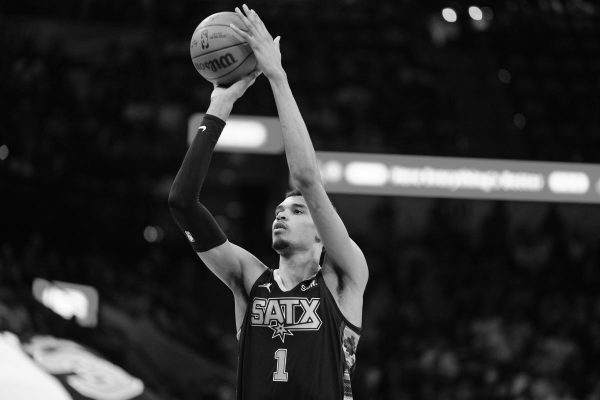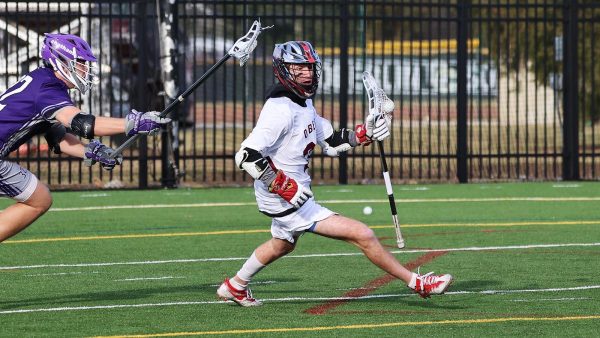For Baseball Players in Cuba, a Unique Naming Convention
For many people in the United States, the happenings of everyday life in Cuba are nothing short of mysterious. Although the two countries are separated by a mere 103 miles, a half-century of socially-and-economically-restrictive international policy has made it difficult for most citizens of either country to understand what goes on in the other.
One way in which Cuba has managed to exert its influence in American culture over the past 50 years is through Major League Baseball. Cuba is one of four major countries in Latin America (the others being Puerto Rico, the Dominican Republic, and Venezuela) that have produced some of the most successful baseball players worldwide in recent decades, including many who have overcome troublesome international conflict to play in the U.S. And while these players all share a country of origin, many share a slightly more peculiar trait: their first names begin with the letter Y.
The trend of Y-starting names in Cuba is noticeable both on and off the island. In Cuba’s most recent baseball season, eight of the 28 athletes on the roster for the Alazanes de Granma — the 2018 winter league championship team with the country’s most promising young players — have names that begin with the letter Y.
Among these is Yoelkis Cespedes, the half-brother of Yoenis Cespedes, the outfielder for the New York Mets. And in 2016, when a Cuban national team faced off against the Tampa Bay Rays, marking one of the first official Cuban-American baseball competitions in history, more than a quarter of the 41 players fielding the Cuban team had Y names. Currently, the MLB is home to 12 Cuban baseball players whose names begin with the letter Y, including Yasiel Puig of the Los Angeles Dodgers, Yoan Moncada of the Chicago White Sox, and Yonder Alonso of Cleveland baseball.
Not so coincidentally, all of the aforementioned players were born after the year 1980. They are part of what blogger Yoani Sáchez has termed “Generación Y,” the time period that, in the U.S., designates the official generation of millennials, but, 103 miles away, refers to the same late Cold War years that gave birth to the many Hispanic-Russian names like Yamilka, Yuriel, and Yanik which then proliferated throughout the island.
Scholars of Cuban history and Cuban-American relations have come up with various theories to explain the disproportionate number of Y names that surfaced at this time. During the earlier years of this phenomenon, Cuba was still strongly connected to the Soviet Union, undoubtedly their strongest ally in the third world. Many standard Y names like Yevgeny or Yuri exemplify the distinct Soviet influence in Cuba as well as likely intermarriage between Cubans and Russians at the time, according to Andy Gomez, former director of the Institute for Cuban and Cuban-American Studies.
However, other interpretations of the naming trend, such as that of Lillian Guerra of the University of Florida, suggest that families used their ability to name their children — perhaps one of their only freedoms at the time — to take a jab at the Soviet Union rather than pronounce their respect.
Other scholars speculate that the influence of socialist doctrine in 20th-century Cuba steered parents away from giving their children traditional Catholic names, such as María or Jesús, as socialism often leaves little room for religious practice. Some academics even assert that the Cuban government, due to its dependence on Soviet assistance, provided an extra food ration for all families who endowed their children with a Russian-inspired name.
It may be impossible to pin down a precise cause for the Y-naming phenomenon, but all of the Yoenises, Yoandrys, and Yulieskis serve as a constant reminder of the power of names to demonstrate a country’s cultural and historical influences and changes.
And while Americans may giggle at hearing names like Yampier or Yuriorkis, it is critical to remember that the MLB is historically home to some of the most bizarre names in American athletic history. When considering Oakland Athletics’ pitcher Catfish Hunter or St. Louis Cardinals’ second baseman Stubby Clapp, who’s really to say what makes an unconventional name, after all.






